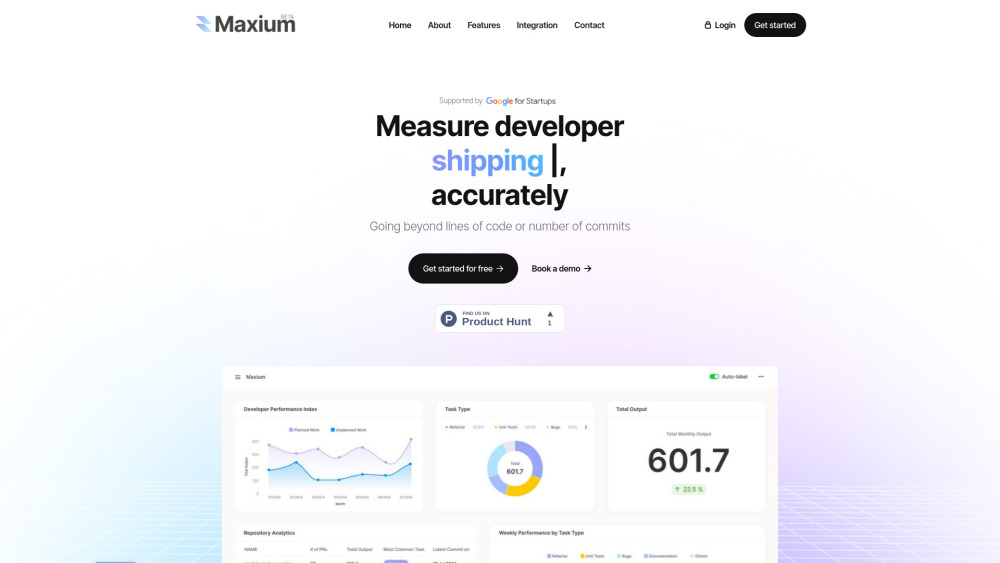The National Security Agency (NSA) has unveiled a comprehensive suite of Cybersecurity Information Sheets (CSIs) designed to guide organizations in the secure integration of AI systems sourced from external vendors. These valuable resources have been developed in collaboration with cybersecurity agencies from the United Kingdom, New Zealand, and Canada. While primarily directed towards national security systems, the NSA's recommendations hold relevance for any organization deploying AI tools, particularly those in high-risk environments.
In its latest report, the NSA emphasizes the dynamic nature of AI security as a field of research. "As agencies, industry, and academia uncover potential weaknesses in AI technology and the methods to exploit them, organizations must adapt their AI systems to address evolving risks while adhering to conventional IT best practices,” the report states.
Key recommendations from the NSA include the establishment of robust governance frameworks for organizations deploying AI technologies. It is suggested that the personnel overseeing general cybersecurity should also be responsible for the security of AI systems within their organization. This integration of responsibilities is crucial for effective risk management.
Before implementing any AI system, organizations are advised to secure their existing IT infrastructure. This step is fundamental to safeguarding the integrity of operations and validating the AI models under consideration prior to full deployment.
A significant priority highlighted in the report is the need to restrict access to core AI models and the datasets on which they are trained, including model weights—which are vulnerable to theft or manipulation by cybercriminals. The NSA recommends robust isolation measures and hardware protections for sensitive data, coupled with stringent access controls. Implementing multifactor authentication and two-person control protocols is crucial to preventing unauthorized access.
Moreover, businesses are encouraged to establish comprehensive logging mechanisms for AI models that document behavior patterns, including inputs and outputs, errors, and any unexpected modifications that may threaten performance or security. Routine audits of AI systems, alongside pre-established incident response protocols, are vital for maintaining security and operational integrity.
The report also advocates for organizations adopting AI to implement secure-by-design principles and embrace zero-trust architectures. These strategies are essential for effectively managing risks associated with external AI systems.
"AI presents unprecedented opportunities but also potential avenues for malicious activities. The NSA is uniquely poised to offer vital cybersecurity guidance, AI expertise, and advanced threat analysis," stated Dave Luber, the NSA’s cybersecurity director.
These CSIs mark the inaugural guidance released by the NSA’s Artificial Intelligence Security Center, which was established in September. This new entity collaborates with various cybersecurity organizations and academic institutions to develop resources that enhance national defenses against AI misuse. The current initiative builds upon previous NSA guidance, including the Guidelines for Secure AI System Development and recommendations for Engaging with Artificial Intelligence.
By prioritizing security in the deployment of AI technologies, organizations can harness the transformative power of AI while ensuring robust protection against emerging cyber threats.





